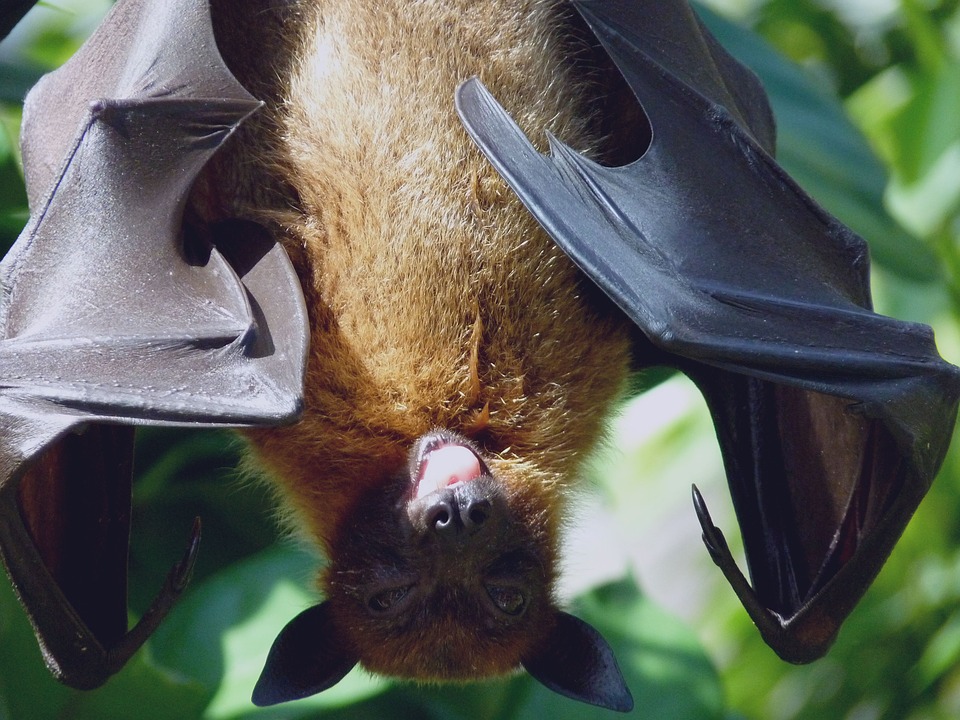As the death toll in the virus-induced fever in north Kerala rises to nine, the National Virology Institute in Pune has confirmed that the deceased were infected with Nipah virus (NiV). This is the first time the virus, which has high fatality rate and spreads mainly through bats, pigs and other animals, has been detected in the state.
The Nipah virus (NiV), member of the family Paramyxoviridae, was first isolated and identified during the 1999 outbreak, according to the Centers for Disease Control and Prevention (CDC), United States.
Nipah Virus (NiV) Infection
Nipah virus (NiV) infection is a newly emerging zoonosis that causes severe disease in both animals and humans. The natural host of the virus are fruit bats of the Pteropodidae Family, Pteropus genus.
NiV was first identified during an outbreak of disease that took place in Kampung Sungai Nipah, Malaysia in 1998. On this occasion, pigs were the intermediate hosts. However, in subsequent NiV outbreaks, there were no intermediate hosts. In Bangladesh in 2004, humans became infected with NiV as a result of consuming date palm sap that had been contaminated by infected fruit bats. Human-to-human transmission has also been documented, including in a hospital setting in India.
NiV infection in humans has a range of clinical presentations, from asymptomatic infection to acute respiratory syndrome and fatal encephalitis. NiV is also capable of causing disease in pigs and other domestic animals. There is no vaccine for either humans or animals. The primary treatment for human cases is intensive supportive care.
Confirmatory tests include
- Serum Neutralization Test
- ELISA
- RT-PCR
The Nipah virus is classified as a biosecurity level (BSL) 4 agent and the tests should be carried out in special labs to prevent its spread. The blood and body fluid samples of two persons who died in Kozhikode were studied at the special laboratory at National Virology Institute, Pune.
Transmission & Treatment
Transmission of Nipah virus to humans may occur after direct contact with infected bats, infected pigs, or from other NiV infected people.
Treatment is limited to supportive care. Because Nipah virus encephalitis can be transmitted person-to-person, standard infection control practices and proper barrier nursing techniques are important in preventing hospital-acquired infections (nosocomial transmission).
The drug ribavirin has been shown to be effective against the viruses in vitro, but human investigations to date have been inconclusive and the clinical usefulness of ribavirin remains uncertain.
Prevention
Nipah virus infection can be prevented by avoiding exposure to sick pigs and bats in endemic areas and not drinking raw date palm sap.
